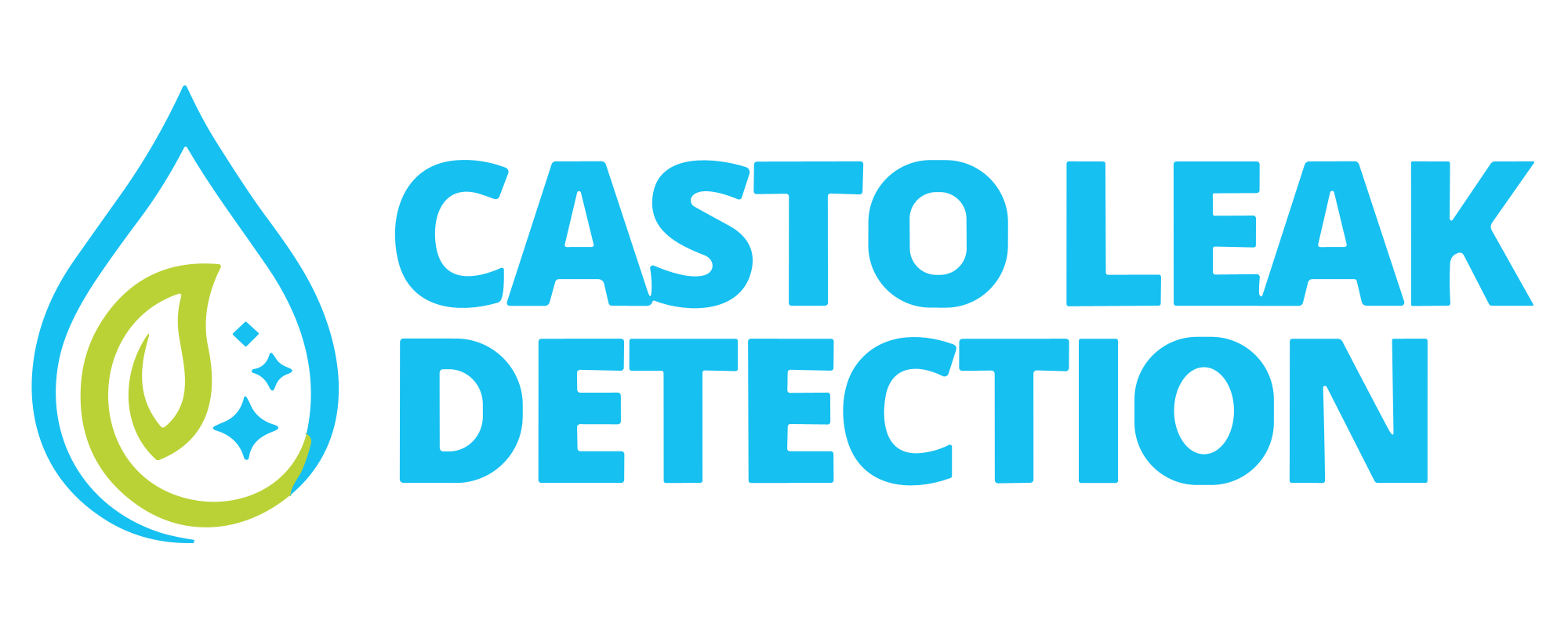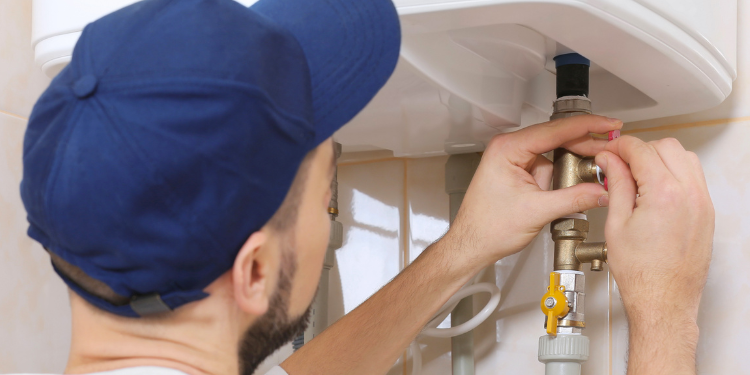Water heaters are the heart of any home, providing comfort and convenience. But when they start struggling to meet your needs, it can be a source of frustration for families in Richardson, Allen, and surrounding areas. Whether it’s taking too long to heat, inconsistent temperatures, or frequent breakdowns, many homeowners in the North Dallas area wonder what they can do to restore their water heater’s efficiency. Let’s explore the signs of a struggling water heater and the solutions that can bring comfort back to your home.
Key Takeaway: If your water heater isn’t performing well, simple maintenance, repairs, or upgrades can help restore its efficiency and ensure your family stays comfortable all year round.
Is Your Water Heater Struggling to Keep Up?
Recognizing the Signs
When your water heater starts to underperform, the signs are often noticeable but can sometimes be mistaken for temporary issues. Slow heating is one of the most obvious signs. If your shower takes longer to heat up than usual, or if you’re running out of hot water too quickly, it could indicate a problem with the heating element or sediment buildup inside the tank. In Richardson and Allen homes, where hard water is more common, sediment accumulation in the water heater tank is frequent, leading to less efficient heating. This is a common cause of water heaters struggling to keep up with demand.
Another sign that your water heater is struggling is inconsistent water temperatures. If you find the water temperature fluctuating from hot to lukewarm without adjusting the dial, this could point to a faulty thermostat or electrical problem. It’s best to have it checked by a professional before it worsens.
Lastly, unusual noises coming from your water heater can also signal trouble. Sounds like popping, rumbling, or banging usually indicate sediment buildup or malfunctioning components. Homeowners in Lake Highlands and Garland might experience this more frequently due to the mineral content in the water.
Potential Causes of Water Heater Problems
There are several factors that can contribute to your water heater’s struggle to keep up. Age is a major one—water heaters over ten years old are more prone to issues and may not perform as well as newer models. Mineral buildup in the tank, especially in areas like Plano and Wylie with harder water, can cause your system to lose efficiency over time. Regular maintenance can help, but if your water heater is older, it may be time to consider a replacement.
Another factor is the size of your water heater compared to your household’s needs. If you’ve recently added a bathroom or your family has grown, your current water heater may no longer be sufficient. A tankless water heater might be the perfect solution for growing families in Addison or Rowlett, offering endless hot water while saving space and energy.
Finally, environmental factors such as the water quality in your local area can also affect your heater’s efficiency. Poor water quality can lead to sediment buildup and corrosion, which over time, causes your water heater to work harder than it should.
DIY Fixes and Professional Help
Some water heater issues can be resolved with simple fixes. Flushing your water heater tank to remove sediment buildup is a task many homeowners in Richardson, TX can do themselves, but for more complex issues, professional help is recommended. If you’re experiencing electrical problems or a faulty thermostat, contact a trusted plumber to diagnose and fix the issue. For those in North Dallas or Frisco, professional maintenance and routine inspections are key to preventing future breakdowns.
Solutions for Improving Water Heater Performance
Routine Maintenance and Upkeep
One of the most effective ways to improve your water heater’s performance is through regular maintenance. Flushing the tank to remove sediment buildup is a straightforward task that can be done annually. This is particularly important in areas like Garland and Sachse, where hard water accelerates the accumulation of minerals inside the tank.
Check the temperature setting on your water heater, too. Keeping it set at 120°F can improve efficiency and prevent scalding while extending the life of your unit. Make sure to inspect the anode rod for corrosion, which is crucial in protecting your tank from rust.
Consider Upgrading to a Tankless Water Heater
If your traditional water heater no longer meets your family’s needs, upgrading to a tankless water heater could be the solution. Tankless water heaters are gaining popularity across Plano and Wylie, offering on-demand hot water without the need for a large storage tank. These units are more energy-efficient, only heating water as it is needed, which can save on utility costs.
Tankless water heaters are especially ideal for large households or homes with multiple bathrooms. In neighborhoods like Canyon Creek or Heights Park, this upgrade could be a significant improvement in terms of both energy savings and convenience.
Troubleshooting Common Issues
If your water heater isn’t working as it should, start by troubleshooting some common issues. If the water is taking too long to heat, it could be due to a faulty heating element or thermostat. Check for visible signs of rust or leaks around the tank, as these can indicate a more serious issue. Rusty water is a telltale sign that your water heater tank may be corroding on the inside.
For those in areas like Rowlett and Wylie, where water quality can be a factor, installing a water filtration system can help reduce the amount of sediment and minerals entering your water heater. This simple upgrade can prolong the life of your unit and improve performance.
Answering Common Questions
Why is my water heater making a popping sound?
Popping noises typically indicate a buildup of sediment in the tank. As the sediment heats up and cools down, it causes the water to bubble up through the minerals, resulting in the noise. Flushing your water heater can often resolve this issue.
How often should I replace my water heater?
Most water heaters last between 8-12 years, but if you notice frequent repairs or a drop in performance, it may be time to consider a replacement. For those living in areas like Lake Highlands or Garland, where hard water is common, regular maintenance is key to extending your water heater’s lifespan.
What is the benefit of a tankless water heater?
Tankless water heaters provide on-demand hot water and are more energy-efficient than traditional models. They’re especially beneficial for large households or homes with high hot water demand, such as in Richardson and Frisco.
The Role of Regular Maintenance
Regular maintenance is essential for keeping your water heater running efficiently. Annual inspections by a professional plumber in Richardson, TX can help catch problems before they become serious.
How Water Quality Impacts Your Water Heater
The water quality in your area directly impacts your water heater’s performance. Hard water leads to faster mineral buildup, requiring more frequent flushing and maintenance. Investing in a water filtration system can help mitigate these effects and prolong the life of your water heater.
When It’s Time to Call a Professional
When DIY solutions no longer work, it’s time to call a professional plumber to assess your water heater. A reliable plumbing expert will help you determine whether repairs or a replacement are necessary, ensuring your home stays comfortable all year round.






